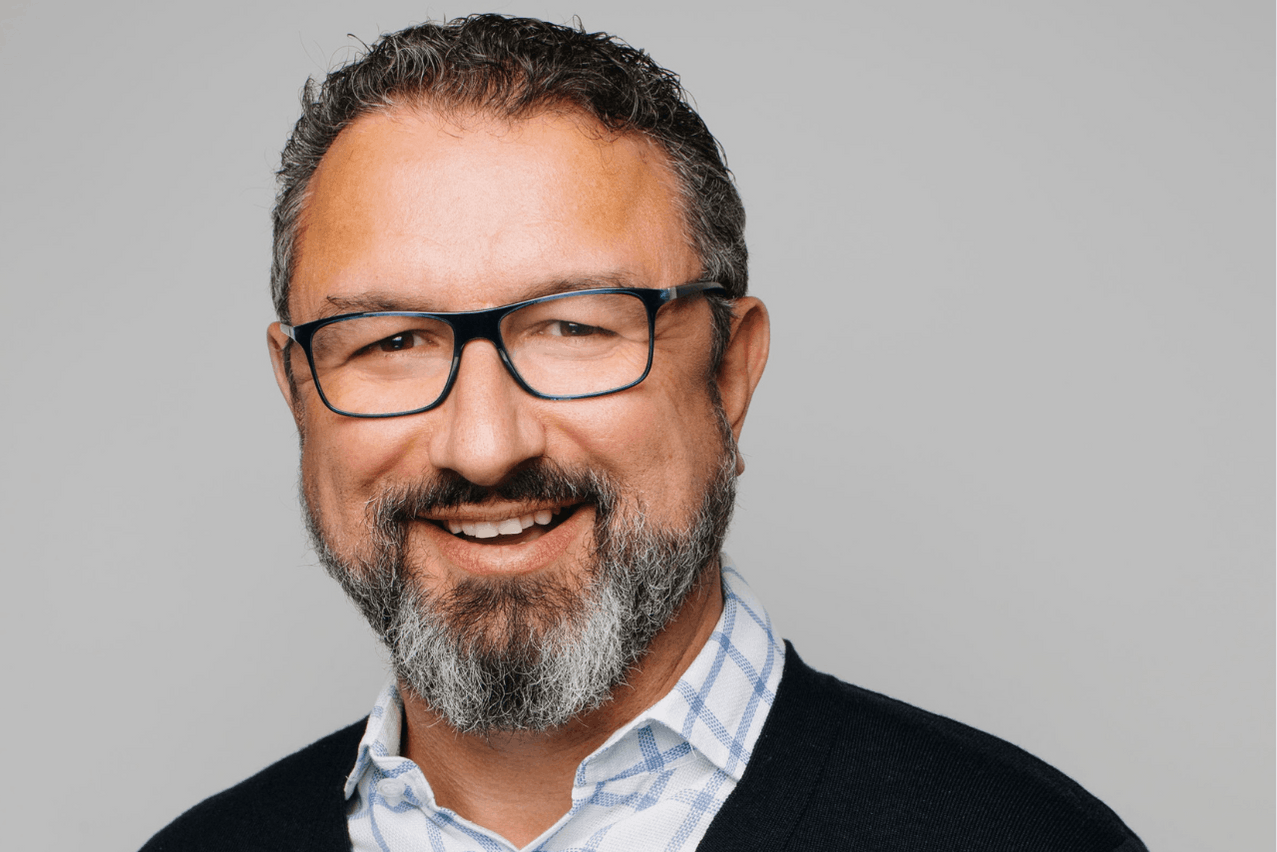Paperam Club: What levers--human, digital or regulatory--could further streamline the connection between entrepreneurial projects and private capital in Luxembourg?
: As I operate mainly in the early-stage space, I would say, first, support the education of entrepreneurs or aspiring entrepreneurs in the principles of innovation financing. When a founder understands the constraints of an investor--and vice versa--capital becomes an accelerator, not a compromise. Raising money is not a trophy in itself. It’s a debt with a hope option.
Secondly, if we want to encourage the involvement of business angels, we should implement tax incentives that help them partially cover their risks. Beyond their financial contribution, their experience and guidance for entrepreneurs is key.
Are you still identifying funding gaps in certain stages (pre-seed, growth, bridge, etc.)? How can we address these without creating counterproductive competition between investors?
Although we observe a lack of funding capacity starting at series-A level locally, I don’t believe that’s our main issue. Compared to our neighbouring countries, the ecosystem today deploys significant amounts of capital.
Our challenge is to focus funding on projects with real potential. A startup without customers is not a startup. It’s a subsidised hobby-- or, to put it another way, a zombie. We cannot keep financing or promoting projects that should be dead. We need to kill fast to free up resources. It may sound harsh, but it’s healthy for the ecosystem. Because while venture capital knows no borders, it does have standards. And entrepreneurs will be judged by the same criteria as in London, Paris or Berlin.
How can the different players (funds of funds, business angels, accelerators, incubators) collaborate to help Luxembourg startups scale from the domestic market to international ones?
They can be a bit provocative, and--speaking from my original entrepreneurial bias--I’d say we need to move from an “egosystem” to an ecosystem. The real value creation comes from these young companies and their founder(s), who carry all the risk. The various players in the ecosystem must see themselves as support functions, working to maximise the startups’ chances of success and help them expand beyond our borders. They are the athletes to be encouraged and supported. Private capital doesn’t invest to conquer 600,000 inhabitants. It invests for Europe. Or more. It’s our responsibility to prepare them to rise to that level.
